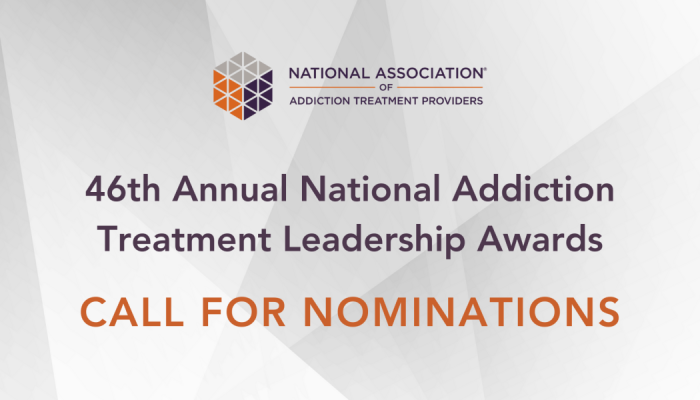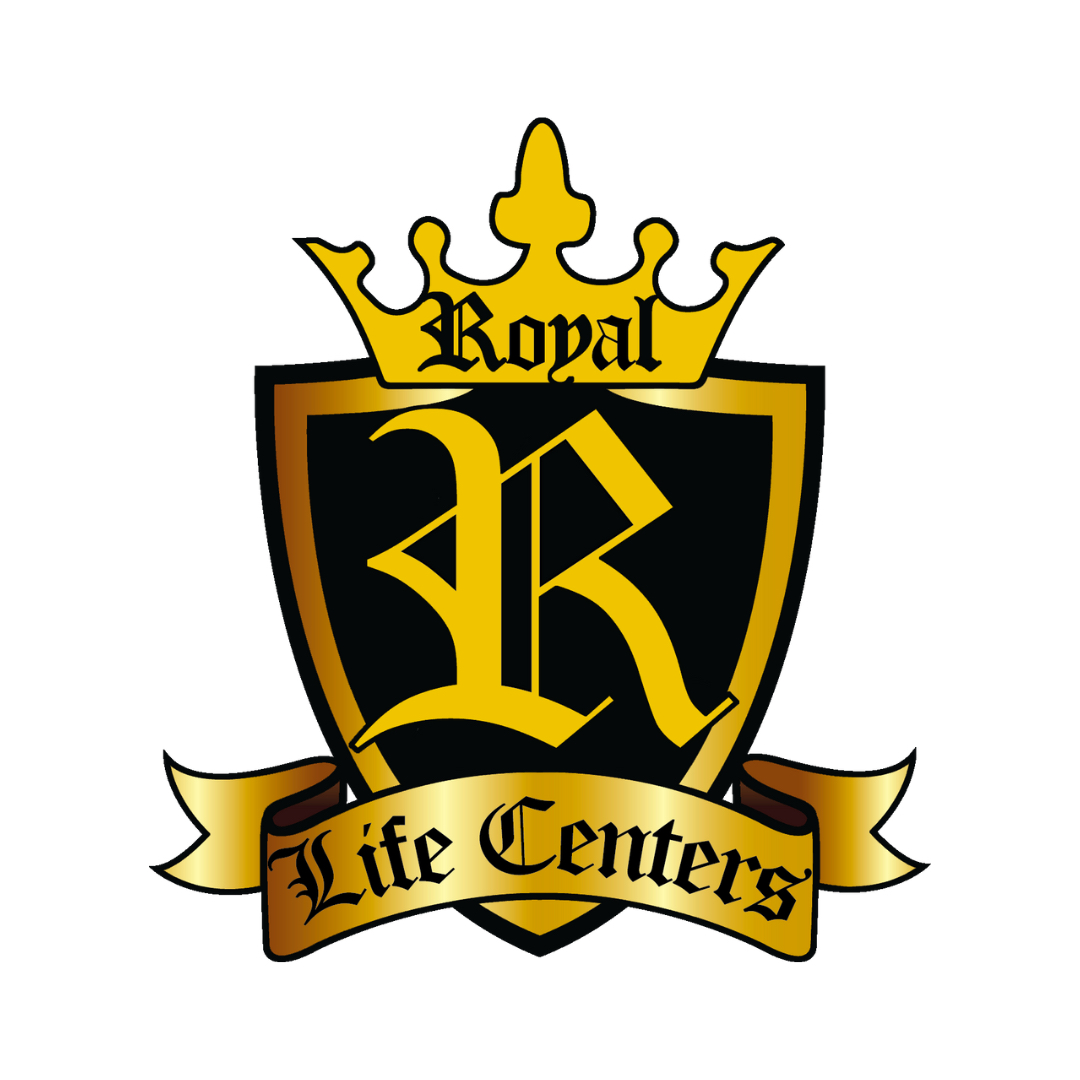Jan 13, 2020

Center City, Minn. - The field of addiction treatment has lost one of its most influential and beloved pioneers.

Grimm began his career as an intern at Willmar (Minn.) State Hospital in 1958 and then as a chaplain in the alcohol unit there in 1960. He became the Hazelden Foundation's first full-time pastor in 1965 and was a key figure in developing what came to be known as the Minnesota Model of addiction treatment, which eventually spread around the world. The model was characterized by many things, most notably its commitment to the dignity and respect of people with alcoholism, its alignment with the spiritual principles of the Twelve Steps of Alcoholics Anonymous, and its use of an interdisciplinary treatment team to care for the whole person—physically, psychologically, socially and spiritually.
At Hazelden—established in 1949 on farmland near Center City, Minnesota—Grimm started a spiritual care department and founded an accredited training program for clergy that became world-renowned. He also started Hazelden's Professionals in Residence program and, for a time, led the training division that ultimately became an accredited graduate school of addiction studies. In addition, Grimm spent time late in his career responsible for Hazelden's health promotion, public policy, development and research efforts. Known by some as Hazelden's "goodwill ambassador," Grimm also represented the organization as a public advocate. He was one of 127 people from around the country appointed to serve on the White House Conference for a Drug-Free America, which helped drive six regional conferences and a seventh national one that resulted in a June 1988 final report for President Reagan.
Grimm's strongest legacy, though, remains the spiritual essence he instilled at Hazelden. Today, the organization is known as the Hazelden Betty Ford Foundation and is the leading national nonprofit provider of addiction treatment, recovery services and addiction-related education. But that essence of connection, hope and healing still hangs palpably in the air on the Center City campus, a place where tens of thousands have initiated a new life in recovery. Thanks to the far-reaching influence of Grimm and Hazelden, addiction care today continues to reach beyond medicine to also help people find purpose, meaning and protective connections rooted in loving kindness.
Grimm, who retired from Hazelden in 1995, was born July 1, 1933, in Sac City, Iowa—the oldest of Homer and Beulah Grimm's three children. Active in 4-H with thoughts of becoming a farmer, Grimm also was shaped early on by the experience of having his father kicked out of church because of alcoholism.
He began reconciling his complicated feelings about religion while at Luther College in Decorah, Iowa, where he also played football and graduated in 1956. From there, he went on to Luther Theological Seminary in St. Paul, Minnesota, where he began learning about the work of chaplains in hospital settings. In his third year, he interned at Willmar State Hospital and then followed a mentor to the Yale Summer School of Alcohol Studies. After being ordained by the Lutheran Church on Sept. 20, 1960, Grimm landed a job back in Willmar, where psychiatrist Nelson Bradley, M.D., and psychologist Dan Anderson, Ph.D., were experimenting with new ways of helping their patients who were experiencing alcoholism. There, prior to following Anderson to Hazelden, Grimm developed a spiritual care approach that responded to the religious needs of believers and to the spiritual needs of other patients who were indifferent, atheist or agnostic.
Willmar was also where Grimm met his wife Esther, who survives him 60 years after their wedding. She was a nurse in charge of helping women patients hospitalized for alcoholism. Together, they gave and received much from their three children—the late Jim, who had cerebral palsy; John; and Mary—and three grandchildren.
"After longtime presidents Patrick Butler and Dan Anderson, no one looms larger than Gordy Grimm in the history of Hazelden Betty Ford and its influence on addiction treatment around the globe," said Mark Mishek, president and CEO of the Hazelden Betty Ford Foundation. "Gordy's rich legacy is evident in the outpouring of love we've seen from people since his death. He was a consummate mentor and friend, and his life of service helped shape countless others. He will be forever remembered."
A brief biography of Grimm is captured in the out-of-print book The Quiet Crusaders by Damian McElrath, Ph.D.
About the Hazelden Betty Ford Foundation
The Hazelden Betty Ford Foundation is a force of healing and hope for individuals, families and communities affected by addiction to alcohol and other drugs. As the nation's leading nonprofit provider of comprehensive inpatient and outpatient treatment for adults and youth, the Foundation has 17 locations nationwide and collaborates with an expansive network throughout health care. With a legacy that began in 1949 and includes the 1982 founding of the Betty Ford Center, the Foundation today also encompasses a graduate school of addiction studies, a publishing division, an addiction research center, recovery advocacy and thought leadership, professional and medical education programs, school-based prevention resources and a specialized program for children who grow up in families with addiction. Learn more at HazeldenBettyFord.org and on Twitter.





















